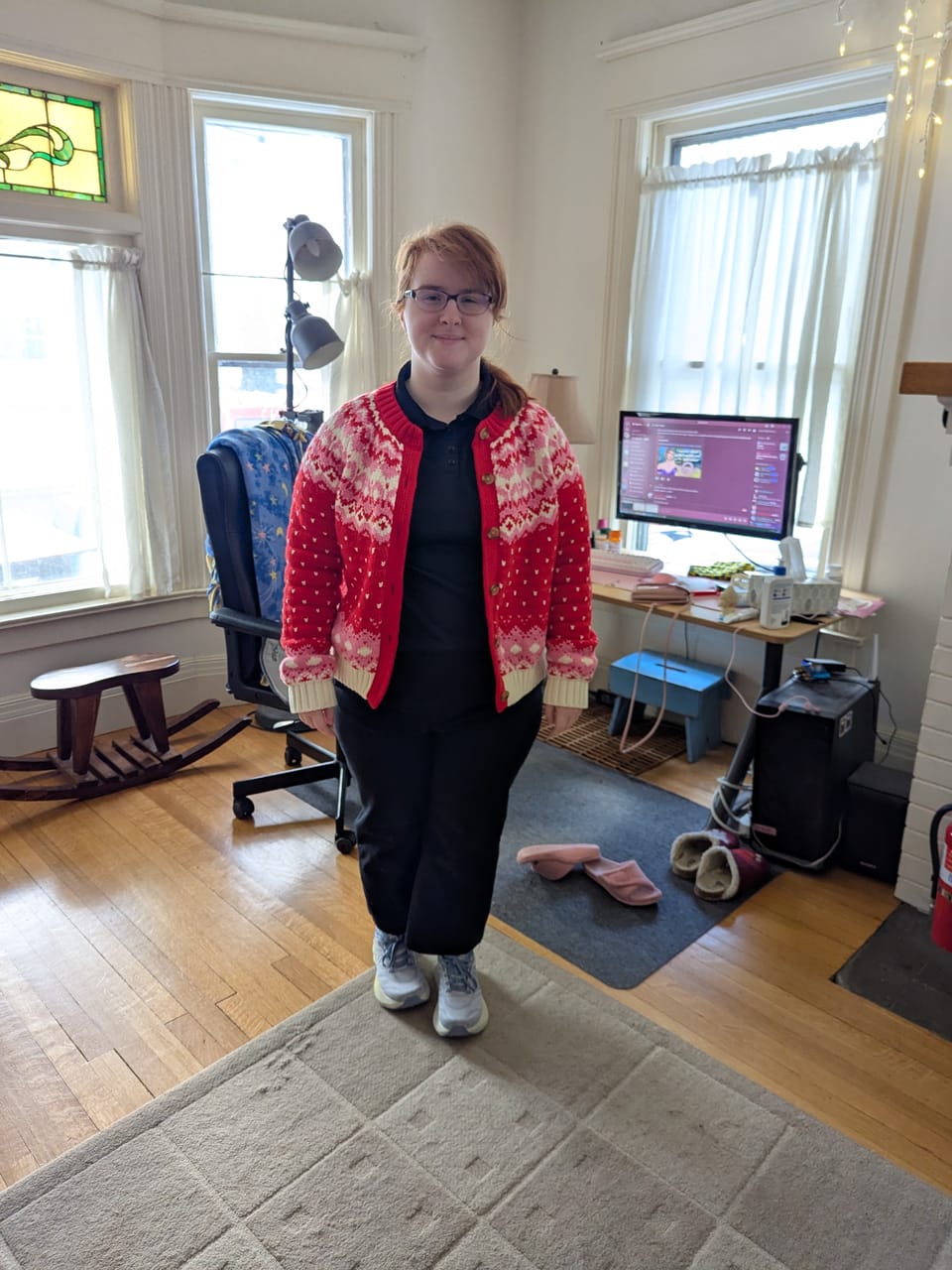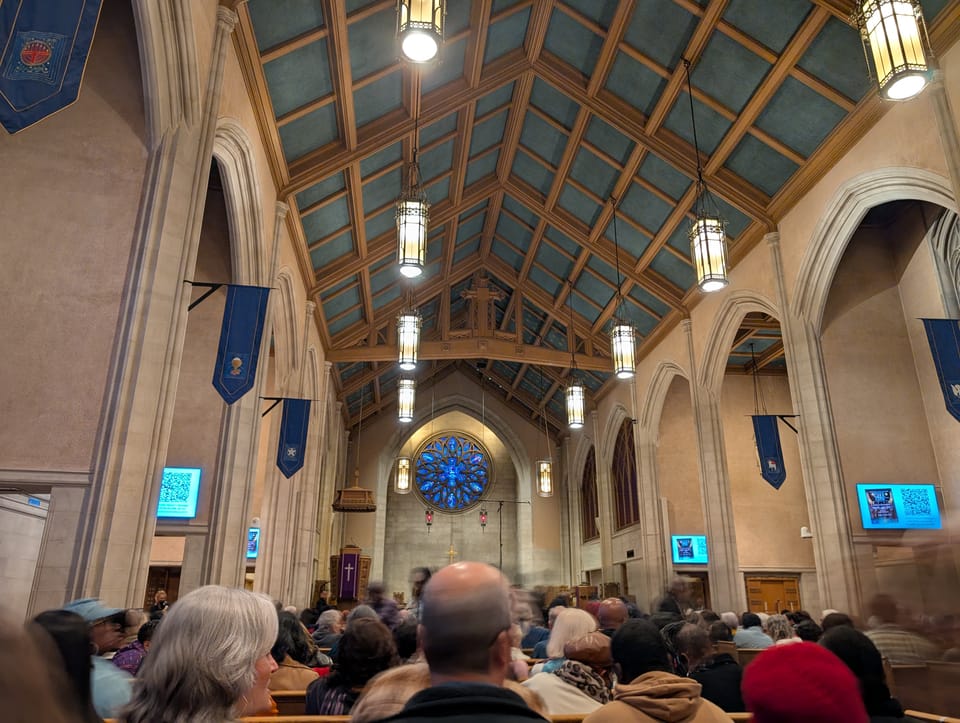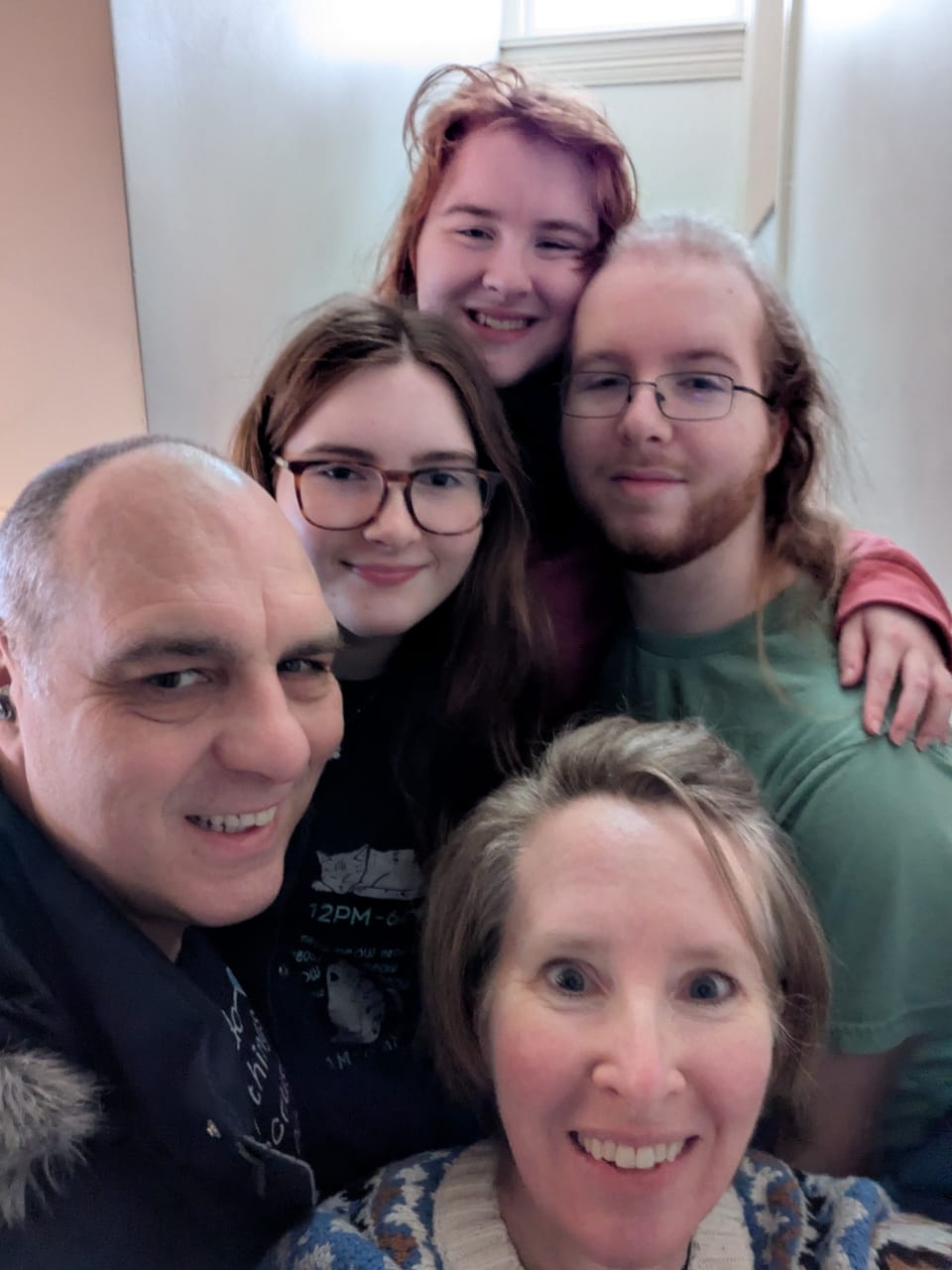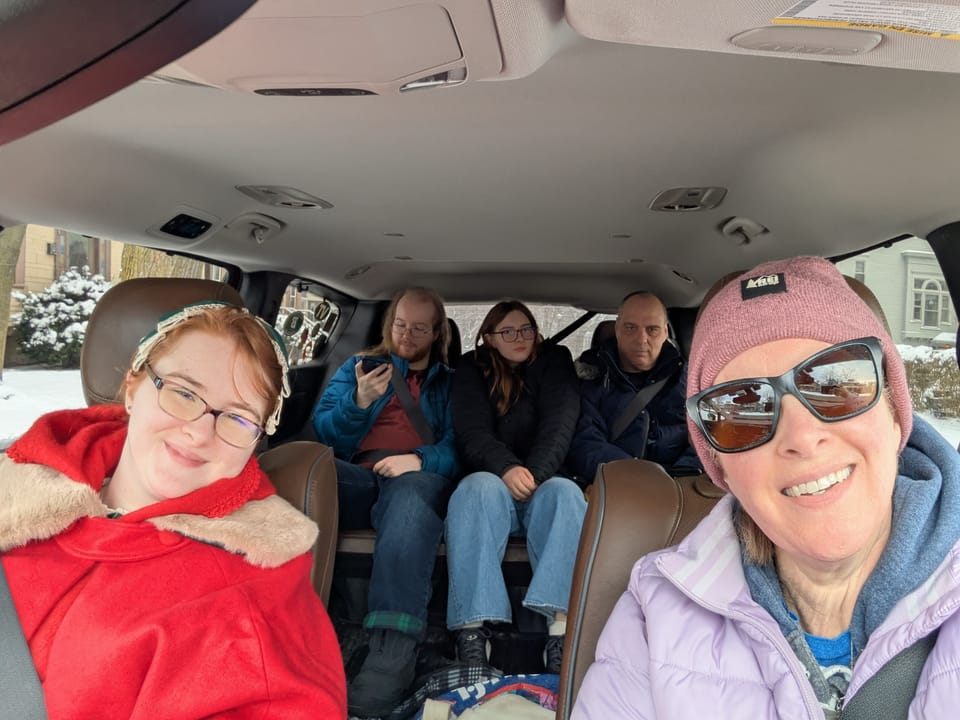"Cause when you ride that bus... you get there!
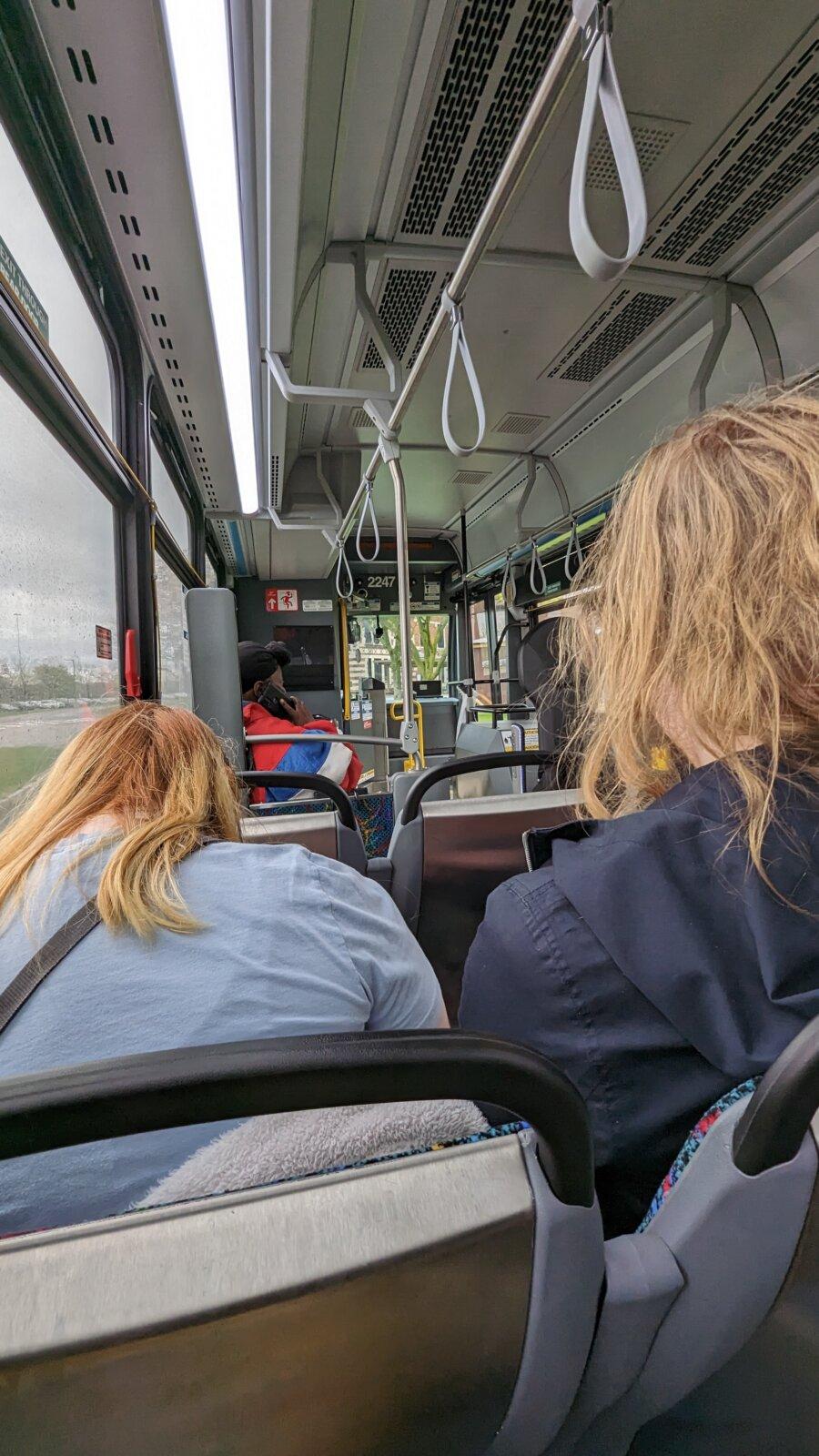
I took a day with the bigs (Monkey and Buster) to explore getting around the city by bus.
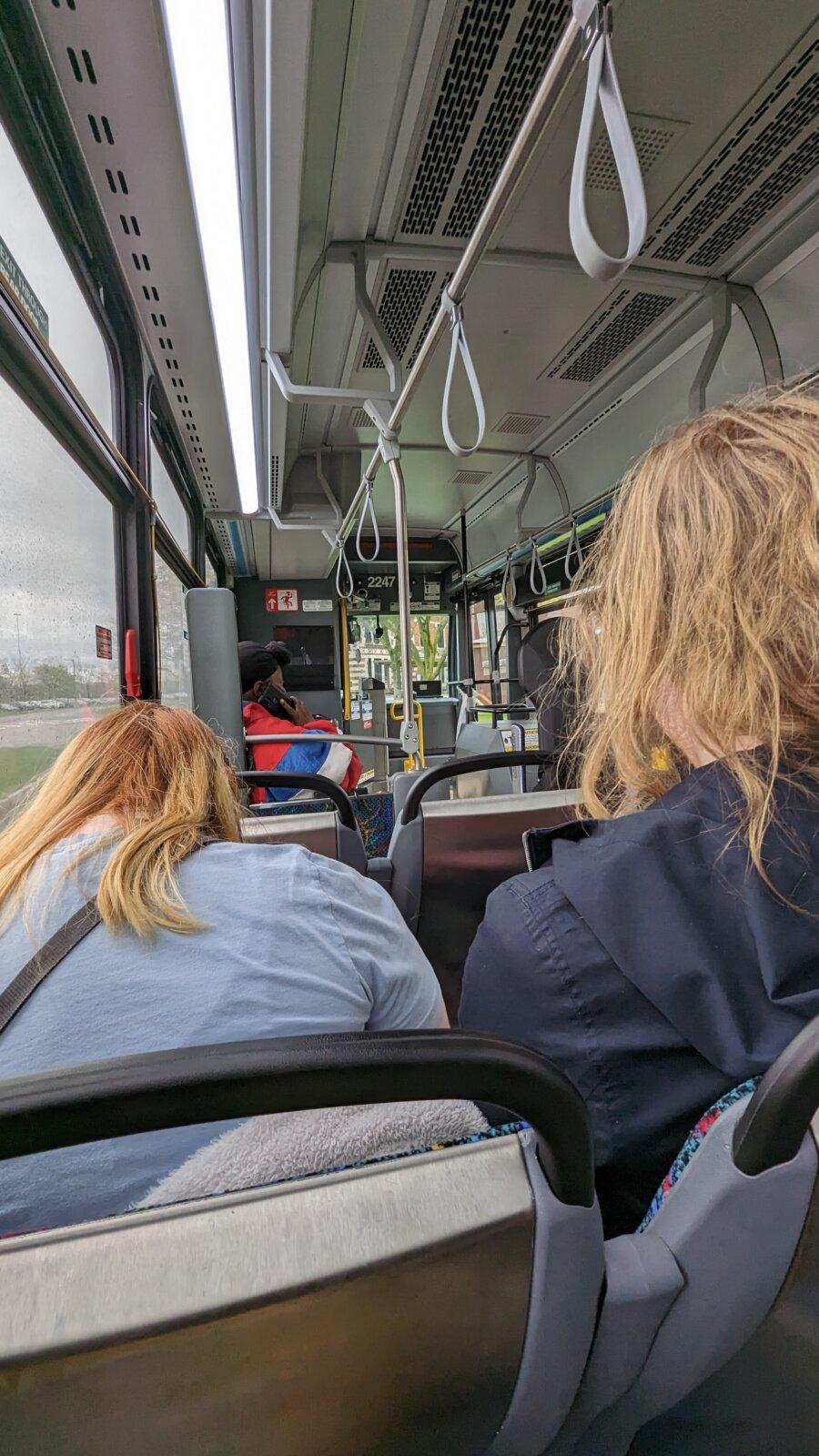
Rochester had a hub and spoke system centered on the new Transit Center downtown. Most buses run on an hourly frequency which isn’t bad if you have all the time in the day like we did. For comparison, a ten minute frequency is what it takes for a German level of frequency.
Buster and I zooped down to MCC to pick up Monkey then transferred at the Transit Center. The Transit Center had major European vibes with 24 bus bays. We scampered to the right one then at 12:00 on the dot every bus headed out for the street like a performance of elephant swan lake. Seven minutes later we were at the public market for shopping and snacking.
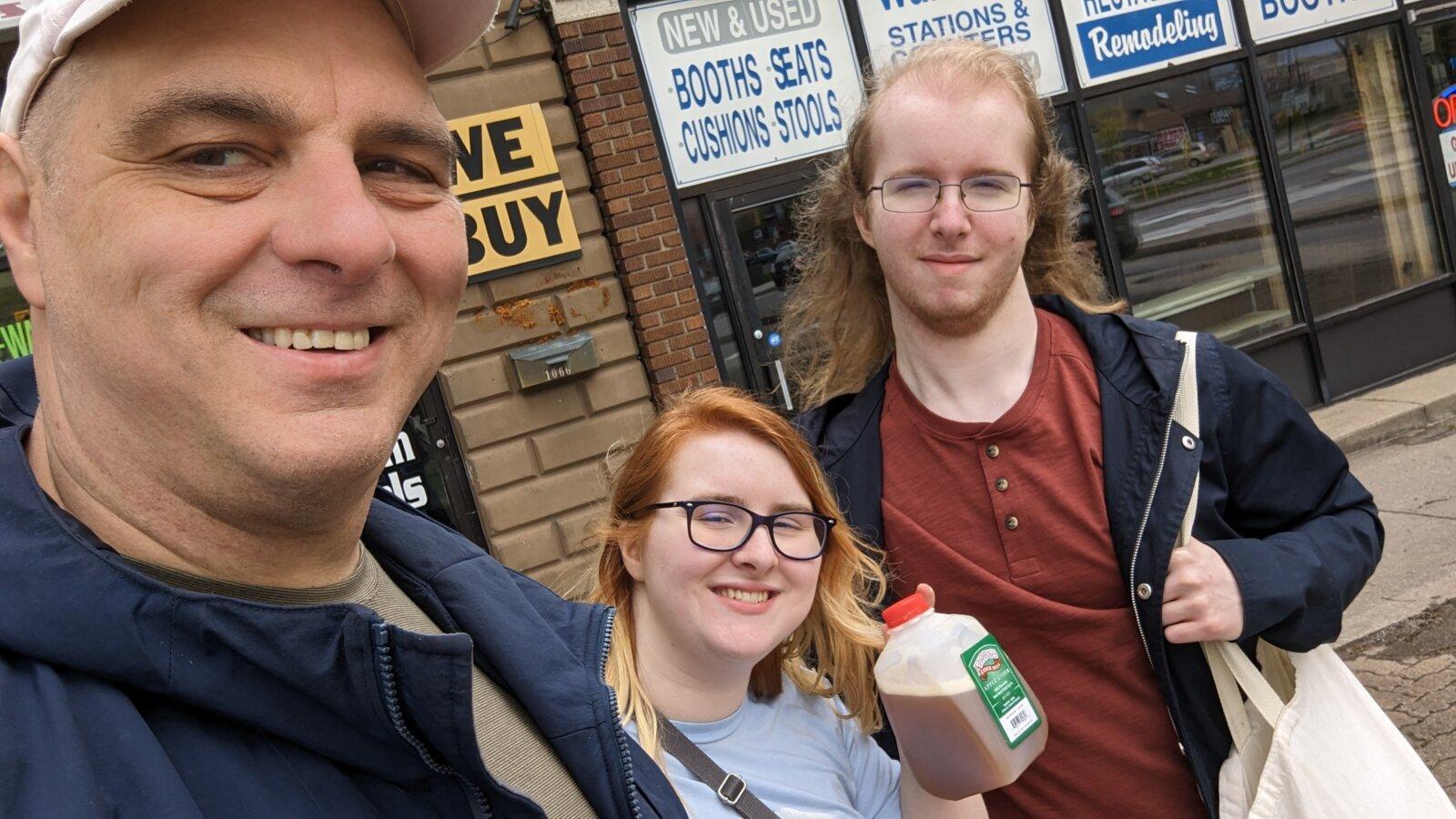
The trip back was a straight shot that took us close-ish to our home, then down to MCC then back home after a turnaround.
The buses we saw were mostly busy with about 10 people on at any time. The population was mostly black and brown. We stopped on the way up from MCC for a wheelchair user. The driver came back and secured our new passenger with an elaborate system of clips to make sure everything was solid. Every bus arrived on time.
On the way home, I endured a little lecture/quizzing from the bus driver at the turnaround because we had ridden the bus down to it’s turnaround spot while we could have switched over to the north-running bus. “You’re not gonna know if you don’t ask”, he grumbled. Point taken, but I was just there to see the system run.
Buses take money to run, but so do cars. Which cost do you grumble about and is it the right one? Our family is on the hook for about $12,000 in car related expenses this year. That’s a car payment, insurance, gas. And the new tires that just cost us $900. A quick check of the Rochester transit system’s budget shows that it costs us maybe $1,000 a year. So I am spending a dozen times more for my private transportation than my community’s public transportation.
In this video, Dr Norman Garrick describes a concept of “captive drivers”. Families in poverty spend almost $7,000 a year on cars. If they don’t have a car, transportation costs them $1,800 a year. If our systems of transportation don’t allow us to live without a car, we’re imposing a $5,000 tax on our poorer citizens.

